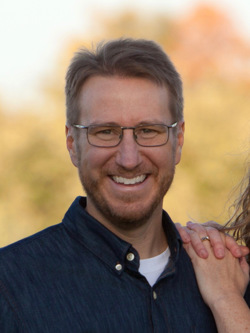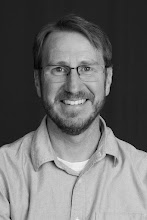These are anxious times for higher education administrators. The constant need to balance budgets and attract more students is something most of us don't consider. Not so for those who oversee academic institutions. A while ago I read the introduction of a book by Annette Kolodny called Failing the Future: A Dean Looks at Higher Education in the Twenty-First Century (Durham, N.C.: Duke University Press, 1998). Kolodny was a feminist scholar and dean of the College of Humanities at the University of Arizona. She writes about challenges she faced as dean and what stood out to me was the role anxiety plays in her work:
"The unending scramble to protect precious resources, the demands of an aggressive fundraising campaign, and the wearying efforts to justify the importance of the humanities to central administrators who only cared about the bottom line had now become more than half the job. It was the half I hated." (p. 3)
Funding and fundraising are a bog part of her work as administrator. She describes her work using terms used in football like "scramble" and "aggressive" to describe her work. She goes on to outline budgetary constraints that prevented the university administrators from focusing on their larger goals:
"By my third year as dean, I understood why
large public universities seemed so stodgy,
so resistant to change. It wasn't
ossified bureaucracies, administrative ineptitude, or faculty sloth--as
legislators and media so often charged. Rather, it was the endless preoccupation with one budget crisis after
another that was threatening my own college's ability to direct our attention
to the goals we had set for ourselves." (p. 17)
I'm interested in what goes on in the university but I am more attentive to things that go on in theological schools and faculties of divinity and theology. While I'm sure not all of Kolodny's experience with budgetary anxiety is transferable to theological administrators, but I suspect most can relate.
Dan Aleshire is a trustworthy source when trying to get a pulse on what is happening in theological education. I've referenced he book Beyond Profession: The Next Future of Theological Education (Grand Rapids, MI: Eerdmans, 2021) in other posts but he also refers to anxiety in similar ways to Kolondny:
"This between-the-times time has generated anxiety in theological education. Money is harder to find. The kind of education that once attracted students to leave home and relocate to new intellectual worlds has less power to attract. The current moment has invented new educational strategies that make it possible for many students to stay at home, turn on their computers, and accumulate religious knowledge. Where is theological education going? What is the future of theological education?" (p. 9)
I find it interesting that pastors are (hopefully!) being educated to, "not be anxious about anything" (Phil. 4:6), yet the very people overseeing the functioning of the school may be carrying heavy financial burdens. Is this an inevitable reality of education or are their other ways to form the minds, hearts, and abilities through theological learning?




























